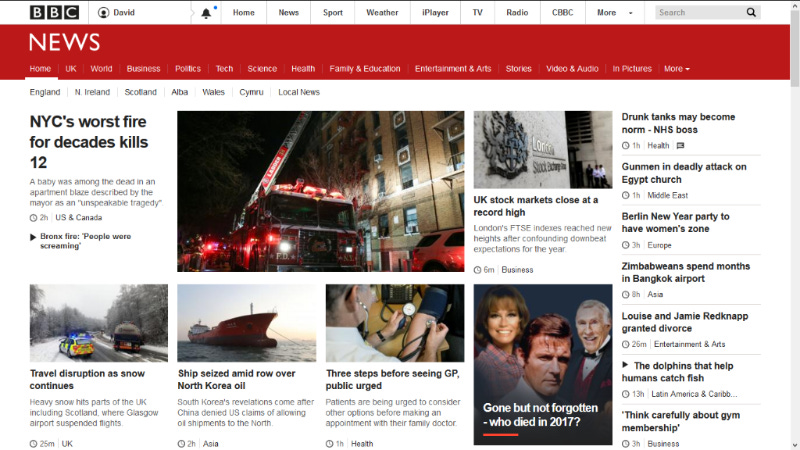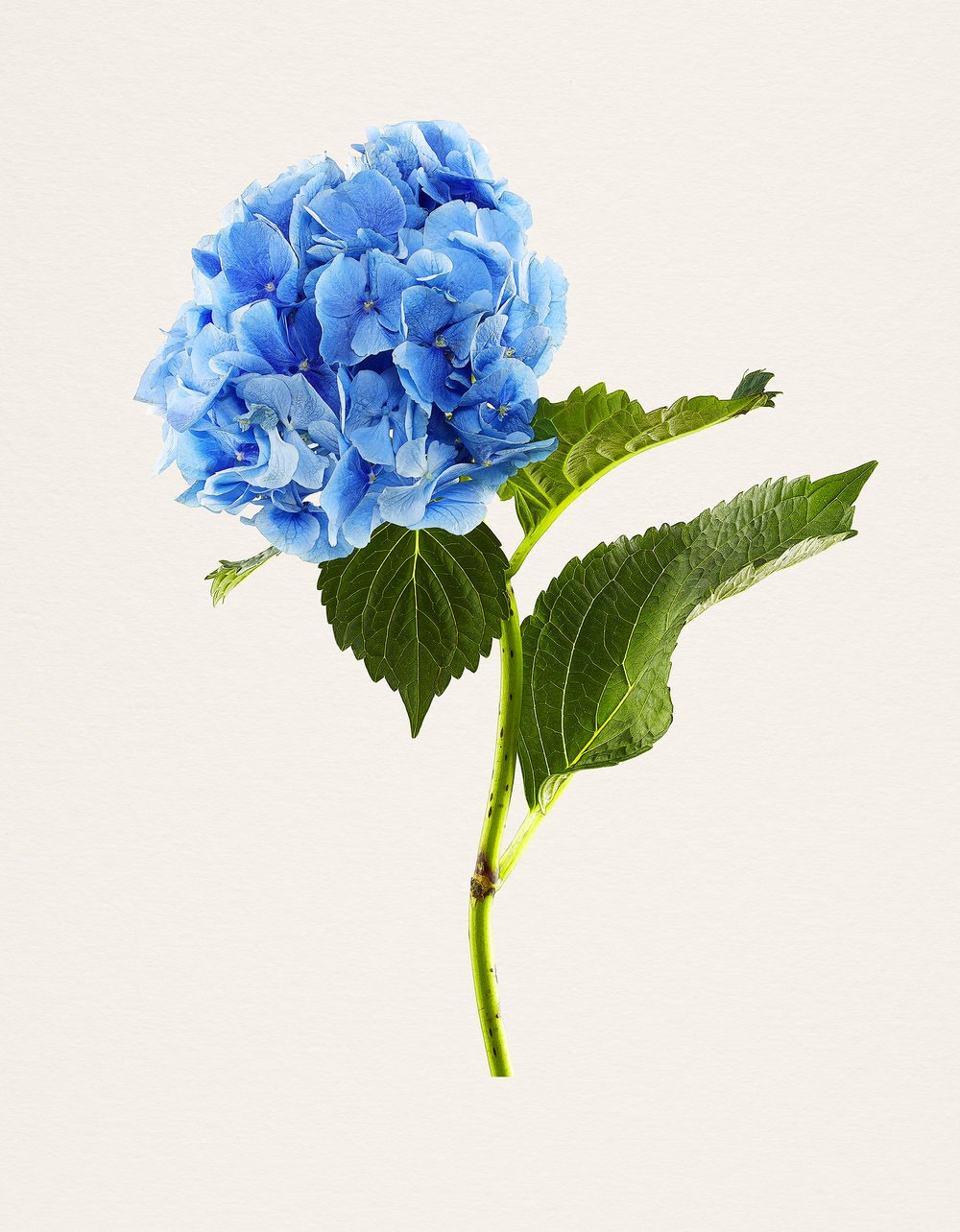Crisis at Christmas and the No News New Year

No cake was harmed in the making of this video.
Happy Final Friday of 2017!
After the Christmas, the crisis. Or Crisis. I've been helping out at the Harris Academy Bermondsey, where volunteers have transformed a school into a week-long refuge for homeless people.
Crisis at Christmas is a brilliant idea that started 50 years as a publicity stunt. It's been going every year since and thousands of homeless guests come through the doors for the good food, companionship and advice offered by more than 11,000 volunteers across 13 sites in London and beyond.
My job mostly consists of keeping the place tidy: picking rubbish in the surrounding streets and cleaning toilets, but also sitting or standing in front of doors, making sure that the guests know where they're going, or where they're not allowed to be going.
I also got a chance to chat with a homeless refugee from Kurdistan: a reminder that it only takes the slightest of nudges for a life to lose control. He despairs of London: "Grenfell Tower," he said to me. "How can they help me, when they can't help the people in Grenfell Tower?" He now lives in a passageway in Victoria and, when his personal circumstances permit, he intends to go to Manchester or Liverpool, where he hopes he'll have better luck with the council.
Over a fantastic lamb tagine dinner, in front of raucous karaoke, I meet Abu, a living, breathing case study of the results Crisis can achieve. Like my friend from Kurdistan, Abu used to be a homeless refugee in London. He tells me that he used to sleep on the endless night buses instead of out on the cold and dangerous streets - life expectancy for a homeless person in the UK is 47. Luckily, he was referred to Crisis and they were able to find him a home. But finding shelter is only the beginning of the end for homelessness.
The next challenge, Abu explains, is to build skills. He unfolds an A3 poster timetable of all the educational programmes at the Crisis Skylight centre in Croydon, including football with Crystal Palace and computer coding. Finally, Crisis helps people hunt for work. 'That is how we end homelessness,' Abu says. Only with shelter, skills and employment can someone be truly free from homelessness.
Crisis at Christmas is a beautiful hateful project: a beautiful response to one of the most hateful maladies of our society.
There are an estimated 236,000 homeless people in Great Britain, including 50,000 children. Since the Conservatives came to power in 2010, homelessness has increased in England by 132% - according to their own official estimates. Crisis predict an 'accelerating increase' in homelessness in England over the next 25 years.
It is bewildering that the UK government has no strategic plan for ending homelessness. No statements, no targets, no time frames. I'm sorry, but why the fuck not?
Canada's community-based solution to end homelessness would cost their citizens the price of one cup of coffee per week.
Dave's 5 Best Buys of 2017
BUSINESS: Bitcoin. In August... Some solid investment advice from PW there. Let's see how it goes!
TRAVEL: A £20 hostel bunk bed on the Isle of Mull for my best night's sleep in a decade.
CLOTHES: Trek Mates mittens. £40 warmly spent.
EDUCATION: An Introduction to Counselling at the CityLit. Knowing me, knowing you. A-ha.
BOOKS: Meditations by Marcus Aurelius. A commonplace book that helped bring me back to what is important in life.
2017: No News is Good News
This year, I have tried my best to ignore the edutainment of what is colloquially known as "The News".
According to my internet browser history, I have visited only 52 unique pages on the BBC News website this year - previously my number one news source. There was an understandable peak around the General Election (6 pages) and I was also interested in the referendum in Catalonia (3 pages) and the German election (2 pages).
9 of the 52 pages were news stories about sport. My news injunction did not extend to sport: I visited a gluttonous 516 unique pages on the BBC Sport website this year, which gives you some indication of my previous BBC News addiction.
If I exclude those sporting news stories and other stories that were clearly the results of specific internet searches - such as the 4 pages I visited when researching my podcast play about squatting - we end up with just 30 news stories.
This is quite a remarkable return for a man who used to pride himself on staying right on top of whatever was happening, wherever it was happening. In December 2016, I visited 117 pages on the BBC website in a single week.
Other news sources I consulted this year include:
Positive News (47 pages and their weekly mailing list for most of the year)
Kottke.org (16 pages, but that's mostly science, arts and culture)
Christian Payne's superb Our Man Inside mailing list (now sadly on hiatus)
Occasionally satirical news programmes, including The Now Show and Have I Got News For You
A few editions of The Week magazine, a digest of the week's news from a catholic plurality of sources
My friends (in person, not on social media)
That's about it.
And the silence has been wonderful. More time to work and relax, less distraction and less time worrying about things beyond my control. Very Stoic, now I come to think of it.
No News and Selective Ignorance
This positive constraint is an idea that first came to me from Tim Ferriss and his book The Four Hour Work Week, in which he advises going on a 'low-information diet', practising 'selective ignorance' and getting your news from waiters.
I rarely go to restaurants, but after a year of quiet experimentation I think Tim's right. It is more rewarding to ask friends 'What's going on in the world?' and to actually listen to their replies, rather than wasting hours alone hoovering up internet facts and expert analysis before regurgitating them as boorish ill-informed opinions myself.
This shouldn't be considered an abdication from all arenas of knowledge, but the very specific area of knowledge that we call 'The News'. Knowledge is important and, in certain circumstances, knowledge of current affairs is important. But that's not what we're given.
The State of Current Affairs
Over the course of the last few years, I've been getting increasingly angry about what is displayed on our screens. Why is all news bad? Why does the news show the world as a volatile and violent place, when the reality is often the opposite?
A quiet news day, just after Christmas, and for the first time in a year I browse the BBC News homepage. There are 12 news stories above the fold, 10 of which have what I'd call a negative valence: they describe either an outright cataclysmic disaster or a more minor variety of tragedy or conflict.
The two stories with a positive valence are that the UK stock market is performing better than expected and that dolphins are helping humans catch fish. Not such a good news story for the fish, presumably.
Only one of the 12 stories could be considered directly newsworthy for me: there is travel disruption across the UK due to snow.
But I'd find that out soon enough by looking out of the window, or when I arrive at the train station. Either it's not a problem for me, or I'll find out without recourse to the doomsdaying of the BBC. As it happens, it's not snowing in London and I should be able to cycle to Crisis this afternoon without having to fit snow chains.
And that sums up the problem of 'The News' for me: 80% of it is miserable and 90% of it is irrelevant.
How Much Have I Missed?
The real test of the depth of my No News Year is a Quiz of the Year. In fact, for scientific rigour, let's do two.
The BBC Quiz of the Year, in one, two, three, four parts. I got a spectacular 24/52 - but only because it was multiple choice. Guesswork aside, I knew only 2 answers and made 3 educated guesses. The remaining 19 answers that I guessed correctly is still better than you'd expect from probability alone, but not by much.
The Observer Quiz of the Year. This non-multiple choice quiz more accurately exposes my lack of news awareness this year. I got 7/85.
I'd be really interested if you give one or other of these quizzes a go. Let me know your scores, and how much you follow the news. Why not make 2018 a No News New Year?
If you want to think about the other crap things that might happen when you read the news, check out this piece by Swiss novelist Rolf Dobelli.

INPUT
Five alive.
MUSIC: Merry Brexmas (Everyone) by Abandoned Rugs.
WORDS: Why Germans Can Say Things No One Else Can a video from Alain de Botton and The School of Life.
OPTIMISM: 99 Reasons Why 2017 Was A Good Year from Future Crunch.
CARNIVALS: Carnival Scam Science - and how to win by Mark Roper (VIDEO)
OUTPUT
Fortune favours the Dave.
Dave's Books of the Year 2017 (December)
Learning Arabic from a Syrian wanted by ISIS (December)
Tomsleibhe, Isle of Mull (November)
Meditations on Meditations: Praise & Service, Core Beliefs, Adversity, Love, Change, Retreat, Indignation, Contentment (October, November)
"No one ever died while breathing". Psychedelic Breathwork with Alchemy of Breath (October)
COMING UP...
2018...
I'm not sure whether to carry on supplying closing quotes with my Marcus Aurelius Random Generator Engine (MARGE) next year - what do you think? I actually really like this one, though: reminding us that there really isn't much to our existence and we should keep our frustrations in perspective.
Childish squabbles, childish games, 'petty breaths supporting corpses' - why, the ghosts in Homer have more evident reality! (Meditations 9:24)
Take another petty breath now and see you in 2018.
Much love,
- dc
SALESY BLAH
I (try to) make a living by writing. If you could use my writing services, or know anyone who could, please get in touch. Stone the crows! I'd be thrilled if you fancy...
buying a book: I'm told Life To The Lees: Cycling Around Britain is good
supporting this mailing list by sending me a tip on PayPal
or simply forwarding this email to a friend!
*|FORWARD|*
Thank you!
www.davidcharles.info
@dcisbusy



